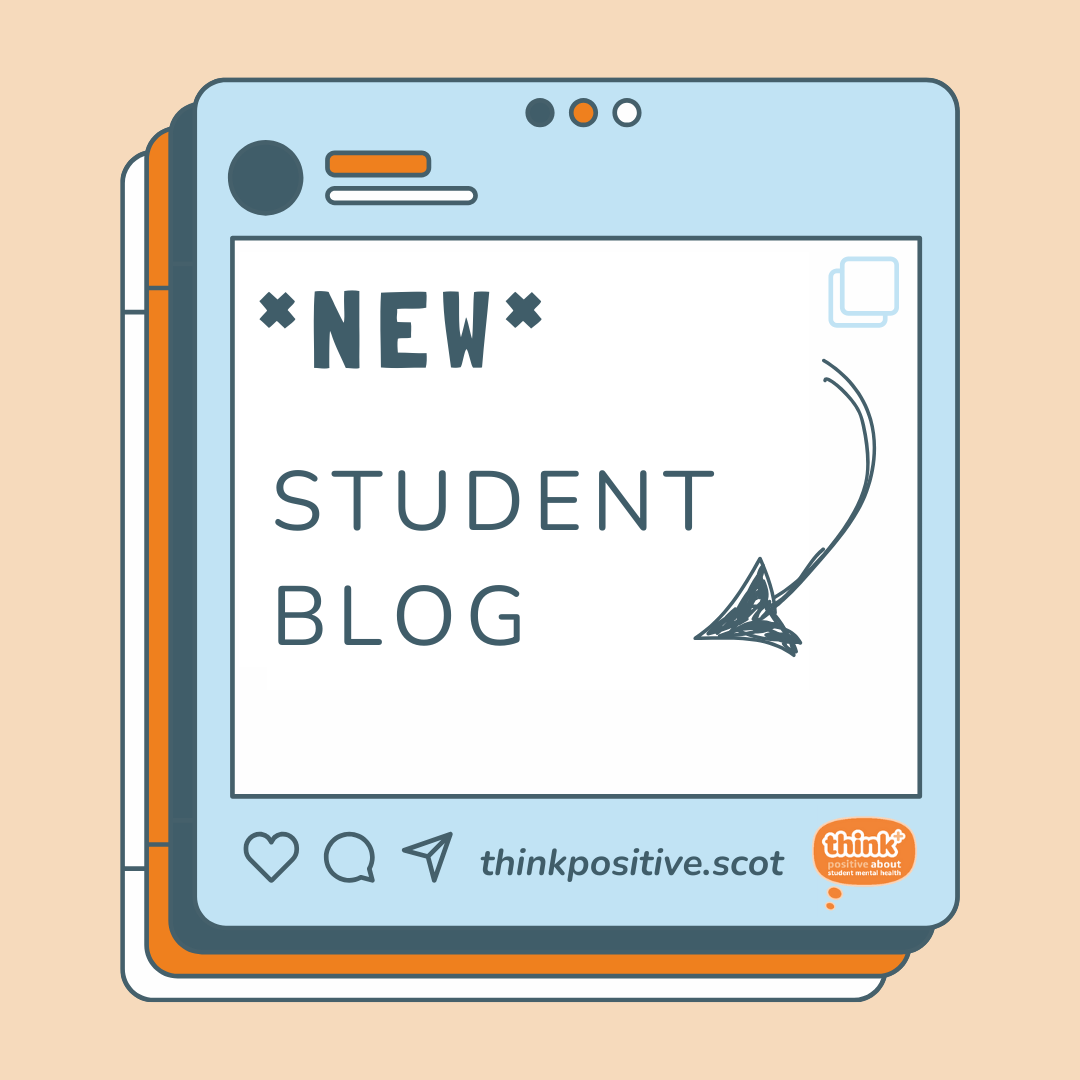Student blog: Flying Solo

by Rosie Buckley
It’s completely normal to feel nervous about moving into your first student home, whether that’s for university or college. Some people move from super far away, like some of my classmates who came from different countries. They said the move was strange at first, but they quickly settled in. Yes, moving away is nerve-racking, but it’s also something to be excited about; it’s a time to build your independence and get a taste of freedom.
What was it like moving into your student accommodation for the first time?
When you first move into your student home, it won’t feel like your own personal space at first. By adding your own touches to your bedroom, like your favourite bedding or photos of friends and family, your room will start to feel more homely. Including plants can improve the air quality and create a calming atmosphere, ideal for your mental wellbeing and getting to sleep at night.
I promise you, you can never have too many plants; my windowsill was full of them. Fairy lights also create a warm and cosy atmosphere, and mean you don’t need to have that annoying main light on all the time. It can also be helpful to keep your bedroom tidy and organised. This really helped me to feel a sense of control and reduced feelings of stress. To ensure this happened, I would give myself set days where I cleaned my bedroom, such as Tuesday and Saturday, and stuck to that schedule.
How did you manage your time as a student when you have so much to do?
As well as getting into the habit of cleaning my bedroom, there are other key elements I factored into my daily routine. I started by prioritising sleep, as this is fundamental for well-being and improving focus and motivation. I would go to sleep at the same time each evening and wake up at the same time every morning. I used to struggle with my sleep, but doing this allowed me to get into a routine.
For me, it helped limiting looking at my phone as much as possible before bed, and do more mindful activities, like reading a book, meditating, or taking a warm bath. I liked to use night shift on my phone, with it, you can set a specific time for your screen to display warmer tones, which minimises blue light. Trust me, night shift is a game-changer.
Eating healthy is important too. While biting into a slice of pizza from my favourite takeaway spot was dreamy, it’s also something I didn’t do too often. Getting into the habit of putting on my chef’s hat and creating nutritious meals helped me to feel good both mentally and physically. I’m a vegetarian, and my favourite meal to make is vegetarian cottage pie with plenty of peas and carrots. It’s easy, healthy and doesn’t take long to make.
What have you learned about managing money as a student?
One of my friends had a lot of money stress while we were at university, and it wasn’t ideal on top of her studies. She started by creating budgets in different areas, like the food shop and social life costs, to ensure she didn’t accidentally spend too much. Many banking apps allow the user to track spending in categories to show where the money is going. On the day I moved in, I set up all of my bills to reduce the likelihood of problems occurring in the near future. It may be possible to reduce your electricity and water bills if you create a plan with your housemates. Taking shorter showers, turning the lights off when you leave the room, and unplugging items when they aren’t in use can all make a difference too.
What did you do when you started to feel stressed or overwhelmed?
Through a consistent routine that focuses on sleep and healthy eating, I was able to put mental health at the top of my priority list. Another way I looked after my well-being was by managing stress effectively. One way to do this is by creating a study schedule which balances academic work with your social life and any other activities. This allows you to stay prepared and encourages you not to leave assignments to the last minute. Two months before an assignment was due, I’d factor it into my study schedule. I know this might seem far in advance for some, and many of my friends preferred to do their assignments at the last minute, but it made a huge difference for me.
Exercise and physical activity can also help for a lot of people. You don’t need to run a marathon or be a pro at lifting weights to exercise. Universities and colleges have societies and clubs, and there might be a sports-related one, like tennis or football, which sounds appealing. Many of the societies are inclusive and can adapt to a diverse range of needs.
What advice would you give to someone who is nervous about making friends?
For someone who is nervous, hiding in their bedroom and staying away from housemates sounds tempting. That’s what I wanted to do anyway. However, it’s much better to get to know the people you’re going to be living with. Building connections with friends of friends, students who live nearby, and people on your course will make your time away much more pleasant.
What advice you would give a new starter?
With the right preparation and a consistent routine, you can enjoy your time at university or college while reducing stress and looking after your mental health. Not everyone feels settled straight away and if you need support, there is help available.
If you would like to talk to someone about how your feeling there are a range of organisations who are ready to support you.
You can also find support available at your college or university.

